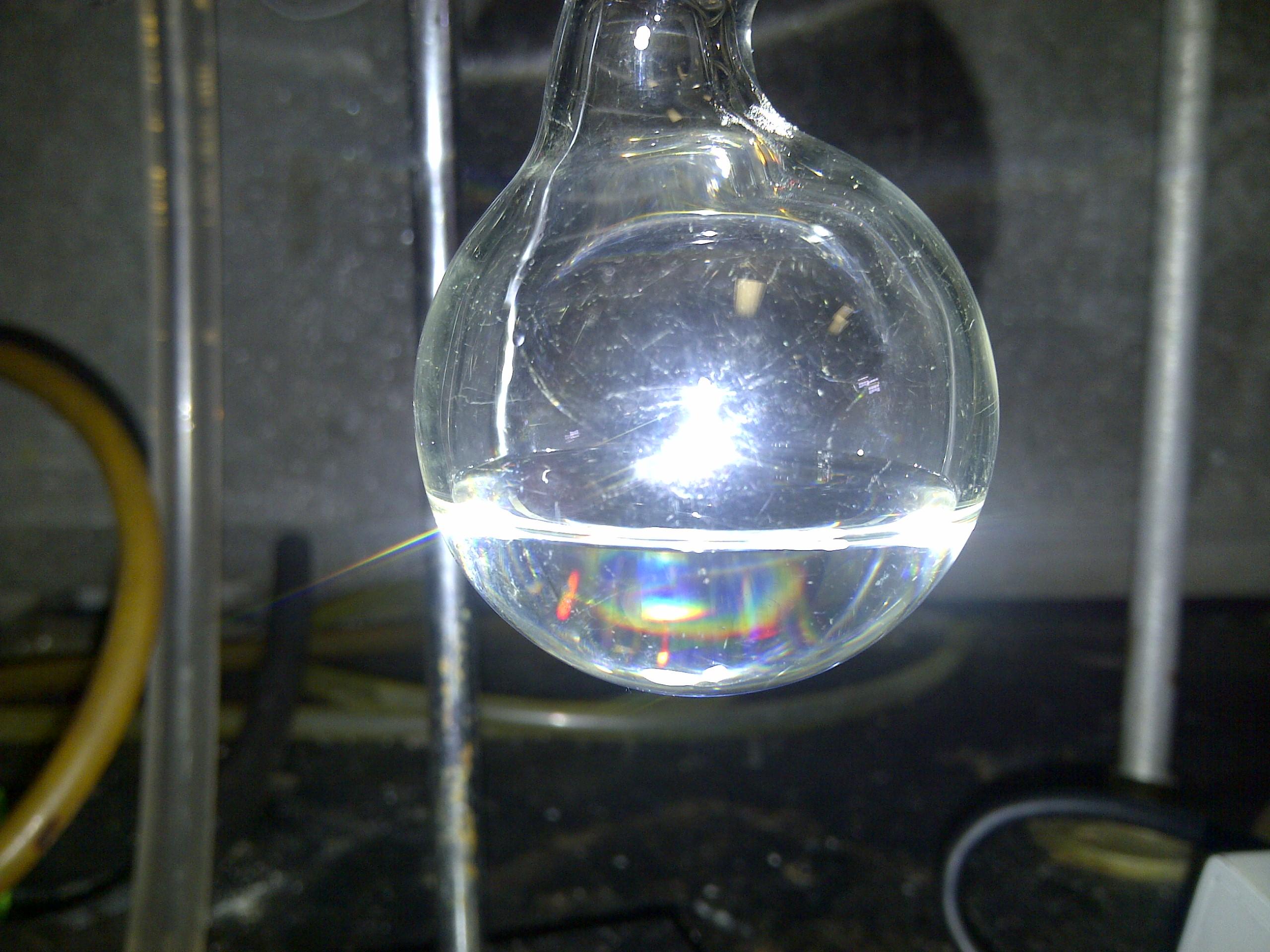Thionyl Chloride Market Role in Lithium Battery Manufacturing

Introduction
In recent years, the demand for high-performance, long-life batteries has surged due to the rapid growth of portable electronics, electric vehicles, and smart infrastructure. Among the many chemical components enabling advanced battery technology, thionyl chloride has emerged as a key material in lithium-based power systems. The Thionyl Chloride Market is thus witnessing significant growth, especially due to its critical role in lithium-thionyl chloride (Li-SOCl₂) battery manufacturing. This battery chemistry is prized for its energy density, long shelf life, and ability to perform reliably under extreme conditions.
What Are Lithium-Thionyl Chloride Batteries?
Lithium-thionyl chloride batteries are a type of primary (non-rechargeable) lithium battery known for their high energy density, low self-discharge rate, and wide operational temperature range. Thionyl chloride (SOCl₂) acts as both the electrolyte and the catholyte, enabling these batteries to deliver stable voltage and long operational life.
Key advantages include:
-
Energy densities of up to 1420 Wh/L
-
Shelf lives exceeding 10 years
-
Temperature tolerance from -55°C to +85°C
-
Low self-discharge (less than 1% per year)
These features make lithium-thionyl chloride batteries ideal for specialized applications, such as remote sensing, military equipment, medical devices, and industrial monitoring systems.
Importance of Thionyl Chloride in Battery Manufacturing
Thionyl chloride serves a dual function in lithium-thionyl chloride batteries—it acts both as the electrolyte solvent and the catholyte. Its high electrochemical reactivity with lithium enables the generation of a consistent and high voltage, while also offering excellent conductivity and stability.
-
Electrochemical Stability
Thionyl chloride is chemically stable in the presence of lithium, making it a safe and reliable component for long-term battery applications. Its ability to participate directly in the electrochemical reaction is what gives the battery its high energy output. -
Compatibility with Diverse Applications
Because of its superior electrochemical properties, thionyl chloride is suited for use in batteries designed for low- and medium-drain applications, including utility meters, memory backup systems, medical implants, and military communication devices. -
Miniaturization Support
The compact nature of Li-SOCl₂ batteries, powered by thionyl chloride, allows manufacturers to reduce the size of electronic devices without compromising performance—an essential requirement for modern, portable technologies.
Market Demand Drivers
The Thionyl Chloride Market is being increasingly driven by the growth in demand for lithium batteries across several industries:
-
IoT and Remote Monitoring
The rise of the Internet of Things (IoT) has created a vast need for compact, long-lasting power sources. Li-SOCl₂ batteries are commonly used in smart meters, GPS tracking devices, and wireless sensors—applications that require maintenance-free performance for years. -
Defense and Aerospace
The defense sector relies on thionyl chloride-powered batteries for mission-critical equipment, including drones, communication devices, and surveillance systems. Their ability to function in harsh environments is unmatched. -
Medical Devices
Life-saving medical technologies, such as implantable cardiac defibrillators and insulin pumps, often rely on thionyl chloride batteries due to their reliability and compact size. -
Smart Infrastructure
Urban development projects that focus on smart cities and industrial automation utilize sensors powered by Li-SOCl₂ batteries to monitor parameters like temperature, humidity, motion, and pressure.
Production and Quality Considerations
Manufacturing high-performance thionyl chloride for battery applications requires strict adherence to quality and purity standards. Battery-grade thionyl chloride must be ultra-pure to prevent degradation or short circuits. Manufacturers must invest in advanced purification and stabilization processes to ensure the material meets stringent specifications.
Key production considerations include:
-
Removal of impurities such as sulfur compounds and moisture
-
Controlled storage and handling due to corrosive and toxic nature
-
Compliance with global transportation and safety regulations
Regional Market Insights
-
Asia-Pacific, particularly China, is the largest producer and consumer of thionyl chloride for battery manufacturing. The region’s dominance in electronics and battery production underpins this leadership.
-
North America and Europe are seeing increasing demand due to advancements in defense, medical, and industrial applications. Government investments in battery innovation and clean energy technologies are also boosting the regional Thionyl Chloride Market.
-
Emerging economies are gradually adopting remote monitoring technologies and IoT devices, further widening the market scope for thionyl chloride-powered batteries.
Environmental and Regulatory Challenges
Despite its benefits, thionyl chloride is a hazardous chemical. Its manufacturing, storage, and disposal require careful management to avoid health and environmental risks. Strict regulatory oversight from organizations like the EPA and REACH is shaping production practices and compelling companies to adopt sustainable solutions.
There is also a growing trend toward exploring recyclable battery chemistries, which may influence the long-term use of non-rechargeable Li-SOCl₂ batteries. However, for now, their performance advantages continue to outweigh these concerns in many specialized sectors.
Conclusion
The Thionyl Chloride Market is closely intertwined with the growth of lithium battery technology. Thionyl chloride’s unique electrochemical properties make it essential for powering next-generation electronics, smart infrastructure, and mission-critical applications. As global demand for compact, efficient, and durable power sources continues to rise, the role of thionyl chloride in battery manufacturing is expected to expand significantly. Future innovation in purification, handling, and environmental safety will further solidify its importance in the evolving energy landscape.
- Art
- Causes
- Crafts
- Dance
- Drinks
- Film
- Fitness
- Food
- Games
- Gardening
- Health
- Home
- Literature
- Music
- Networking
- Other
- Party
- Religion
- Shopping
- Sports
- Theater
- Wellness


